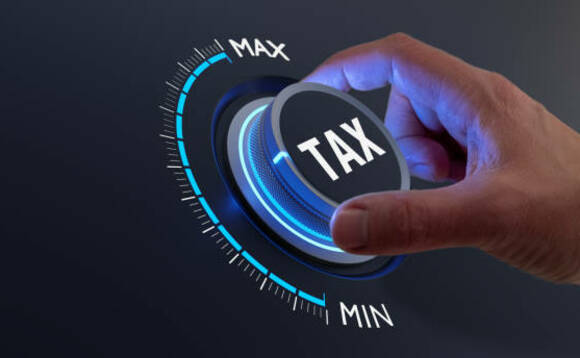Speculation is rife that non-tax wrapper investments should be realised for gains amid the halving of the UK's exempt allowance on 6 April from £12,300 to £6,000, and the subsequent halving again to £3,000 for the 2024/25 tax year.
Latest HMRC data shows that in the 11 months up to and including February 2023, CGT generated receipts of £17.42bn, which was 22% more than in the same period of the previous year.
Jodie Barwick-Bell, partner in the private client tax advisory team at professional services and wealth management firm Evelyn Partners, argues that the halving of allowances could be a driver for those with some stock market-based investments sitting outside tax wrappers to use up some CGT exemption.
But for others with larger, less divisible assets, such as businesses, property or land, there could be another motivation for bringing forward rather than deferring CGT liability.
She said: "It is a common-place in personal tax planning to defer paying CGT in certain situations. People who are gifting business assets or assets into trust choose to claim ‘holdover relief'.
"People selling their business and reinvesting some of the proceeds, as well as those structuring ‘earn outs', benefit from the ‘share for share' provisions. Similar principles can also be relevant in agricultural land transactions.
CGT holdover relief is where tax relief is claimed so that the capital gain arising on the transfer of an asset is deferred (held over) until that asset is sold/transferred again in the future.
Where the share for share provisions apply you essentially swap one shareholding for another shareholding without a tax charge arising on the transaction so that the inherent capital gain on the original shareholding is essentially rolled over into the new shareholding. The share for share provisions are often utilised in structuring how deferred consideration on business sales (in ‘earn out' deals) and land transactions is taxed.
An ‘earn out' deal is a transaction where all, or more usually part, of the consideration a buyer pays for a business is paid out after completion. Under an earn-out deal, a buyer typically pays some cash up-front, but the rest of the purchase price is deferred and depends on the future performance of the business.
"But is deferring a CGT liability still the right thing to do in these situations? This is the debate I have had several times over the last few weeks: should clients defer the CGT or actually choose to pay the tax now at 20%, for higher rate taxpayers?"
She further said: "The decision largely comes down to how likely it is that CGT rates will increase over the next few years and if so when and by how much? Often the money that would be used to pay the CGT is tied up in the new or gifted asset so it's not a straightforward decision, as there are liquidity considerations as well. And it can also take months or often years to dispose of such assets.
"In my discussions there has been a consensus that CGT rates are more likely than not to increase after the next General Election."
Whatever changes there may be to Government at that point, there will still be great pressure on the public finances.
Shadow chancellor Rachel Reeves has recently responded to speculation about potential CGT increases by stating "I don't have any plans to increase capital gains tax". It has been suggested previously that Labour might want to more closely align income tax and CGT rates.
However, Barwick-Bell said that it might not always be necessary for people in this position to take a guess on future CGT rates: "Fortunately, the decision about whether to defer the gain or pay the tax in most cases doesn't usually need to be made at the time of the transaction."
She argued: "You can decide when you file your tax return or potentially wait even longer to decide as long as you take action within the time limit for the relevant relief or election.
"For people who have this type of transaction or gift to report, it is worth just sense-checking do you definitely want to defer and pay the tax in the future at the CGT rate that applies when it does become taxable? Or is the certainty of a 20% CGT rate now a bird in the hand that you should at least consider?"





